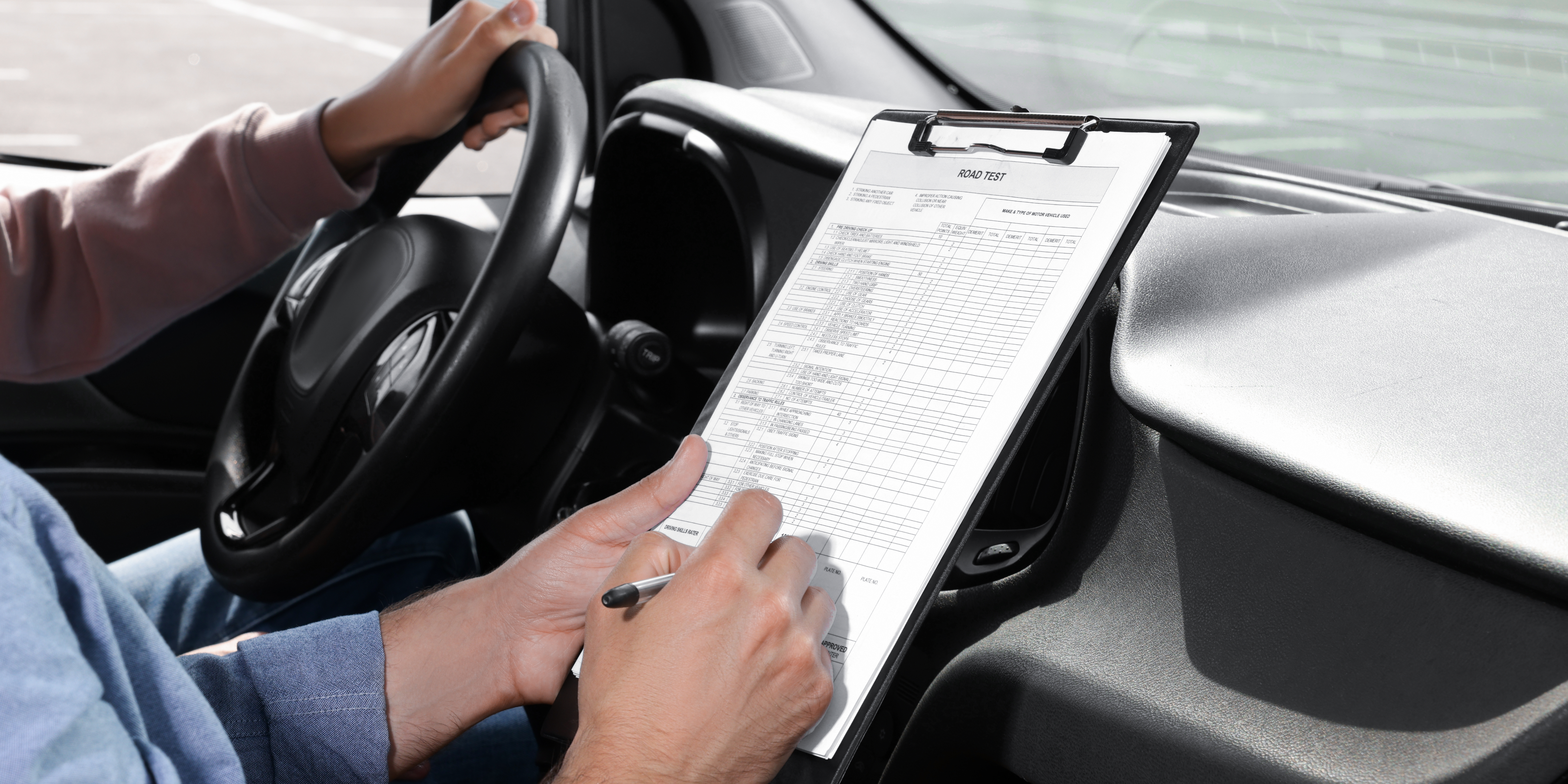Driving is an essential aspect of modern life, granting us the freedom to travel and explore. However, every time we hit the road, we’re exposed to various risks. According to the World Health Organization, road traffic injuries are a leading cause of death globally, with millions of lives lost each year. Amidst such statistics, the significance of defensive driving cannot be overstated. By adopting defensive driving techniques, we can enhance safety for ourselves, our passengers, and others sharing the road.
Let’s delve into the Importance of Defensive Driving and explore some practical tips to stay safe behind the wheel.
Understanding Defensive Driving
Defensive driving is more than just a set of skills; it’s a mindset that prioritizes safety and proactive measures to avoid accidents. Unlike aggressive driving, which involves risky behaviors like speeding and tailgating, defensive driving focuses on anticipating and reacting to potential hazards on the road. It’s about being aware of your surroundings, maintaining control of your vehicle, and staying prepared for unexpected situations.
The Importance of Defensive Driving
- Reduces the Risk of Accidents: Defensive driving techniques such as maintaining a safe following distance, scanning the road ahead, and signaling intentions in advance can significantly reduce the likelihood of collisions. By being vigilant and proactive, drivers can anticipate potential dangers and take evasive actions to avoid accidents.
- Protects Lives: Every year, thousands of lives are lost in preventable car accidents. By practicing defensive driving, drivers can protect themselves, their passengers, and other road users from injury or death. By staying focused and alert, drivers can react swiftly to hazards and potentially life-threatening situations.
- Saves Money: Car accidents not only result in physical harm but also financial consequences. From medical bills and vehicle repairs to legal fees and increased insurance premiums, the costs associated with accidents can be substantial. By preventing accidents through defensive driving, drivers can save themselves and their insurers significant expenses.
- Promotes Responsible Driving: Defensive driving encourages responsible behavior behind the wheel. By obeying traffic laws, respecting other drivers, and staying attentive, drivers contribute to a safer road environment for everyone. Moreover, by setting a positive example, defensive drivers inspire others to adopt safer driving habits.
Practical Tips for Defensive Driving
- Stay Alert and Focused: Avoid distractions such as texting, eating, or adjusting the radio while driving. Keep your eyes on the road, scan your surroundings, and anticipate potential hazards.
- Maintain a Safe Following Distance: Leave enough space between your vehicle and the one in front of you to allow for sudden stops or maneuvers. The general rule is to maintain a three-second gap under normal conditions, which should be increased in adverse weather or heavy traffic.
- Anticipate the Actions of Other Drivers: Be aware of the behavior of other motorists and anticipate their actions. Watch for signals, brake lights, and erratic driving patterns that may indicate potential hazards.
- Obey Traffic Laws: Follow speed limits, stop signs, traffic signals, and other road signs. Yield to pedestrians and cyclists, and use turn signals to indicate your intentions.
- Adapt to Weather and Road Conditions: Adjust your driving behavior according to weather conditions such as rain, snow, or fog. Reduce speed, increase following distance, and use headlights when visibility is limited.
- Avoid Aggressive Driving: Stay calm and patient behind the wheel, even in frustrating situations. Avoid aggressive behaviors such as tailgating, honking excessively, or making rude gestures.
- Be Prepared for Emergencies: Keep a safety kit in your vehicle, including items such as a first aid kit, flashlight, jumper cables, and reflective triangles. Familiarize yourself with basic vehicle maintenance tasks and know how to change a tire or jump-start a car.
In conclusion, defensive driving is not just a skill, it’s a commitment to safety and responsibility on the road. By adopting a defensive mindset and practicing proactive driving techniques, motorists can reduce the risk of accidents, protect lives, and promote a culture of safety on our roads. Remember, safe driving isn’t just about getting from point A to point B—it’s about ensuring that everyone arrives at their destination unharmed. So, the next time you’re behind the wheel, embrace the principles of defensive driving and make safety your top priority.
Click here to view our different packages or click here to book your road test.
Lastly, our services are extended to Toronto, North York, Etobicoke, Scarborough, Vaughan and Brampton.



